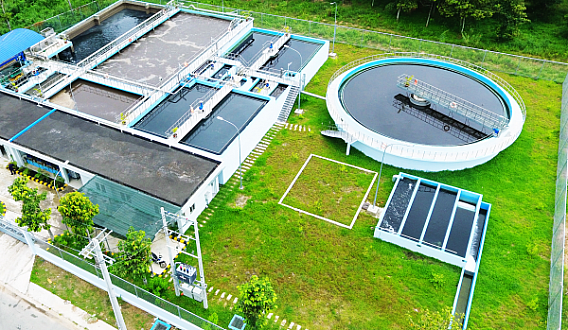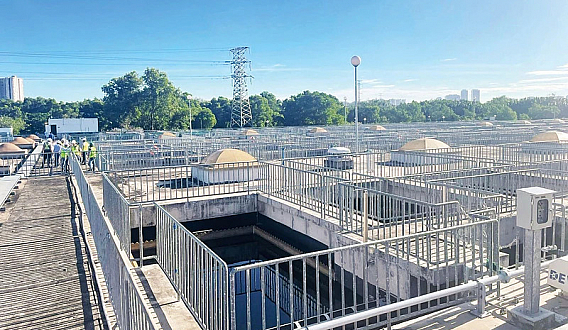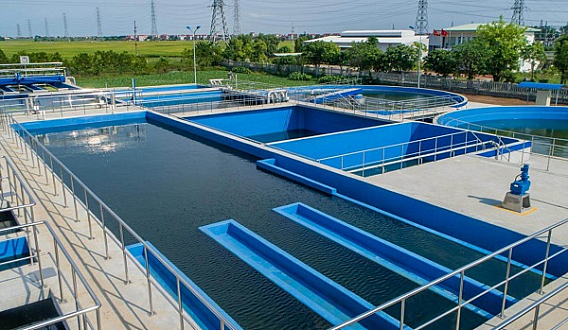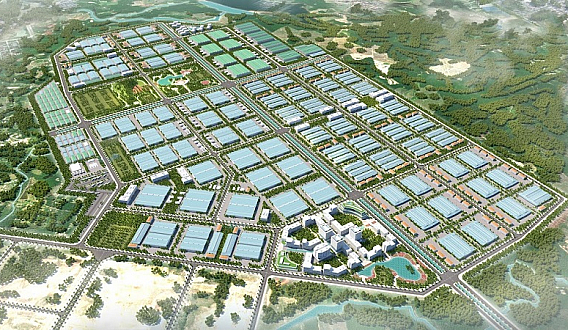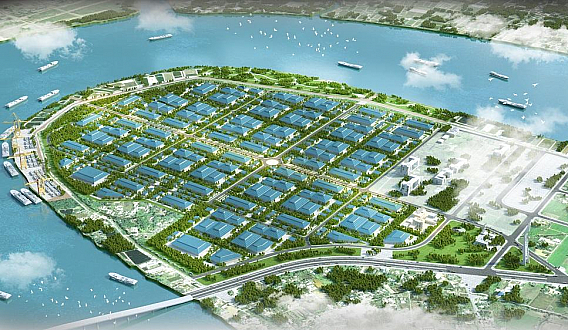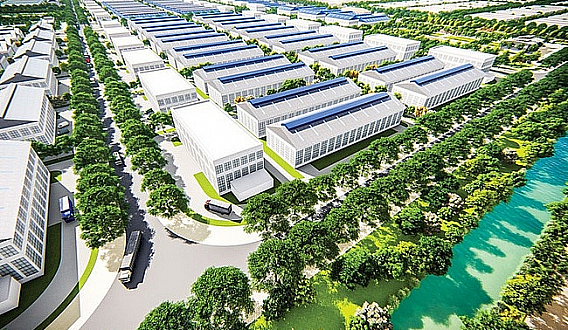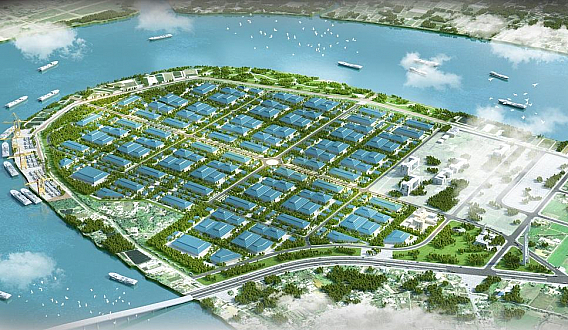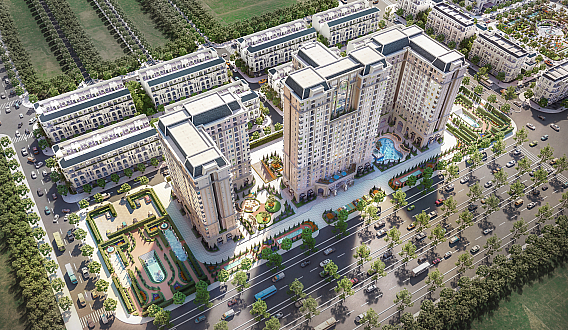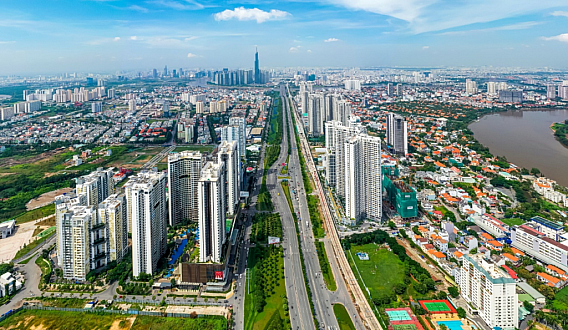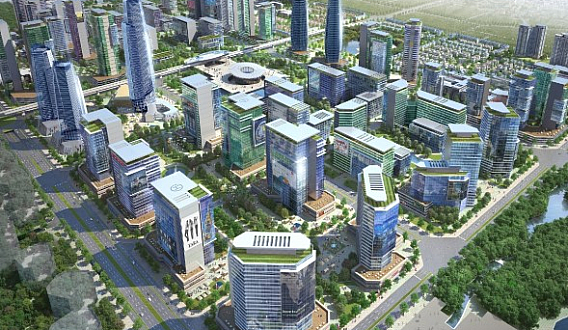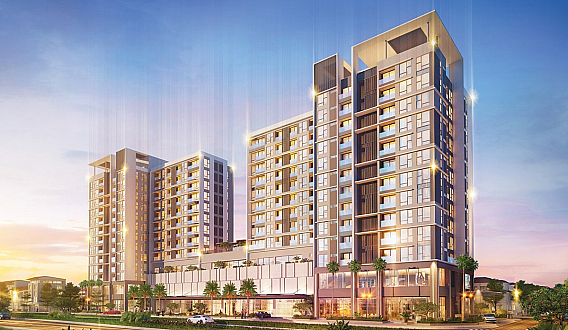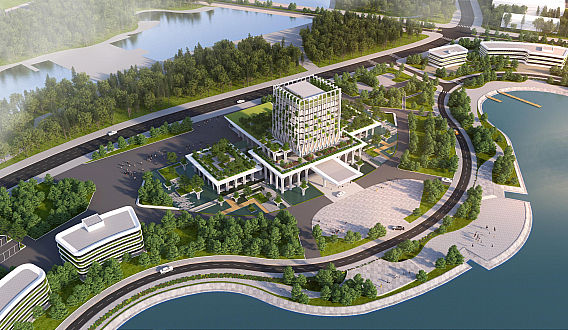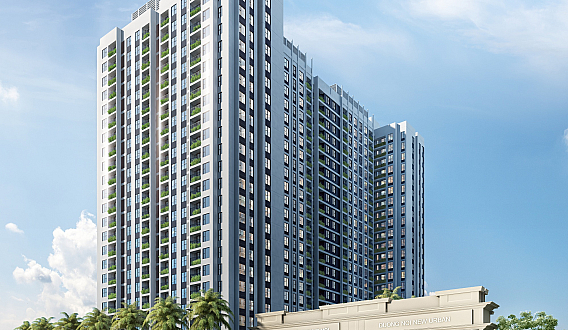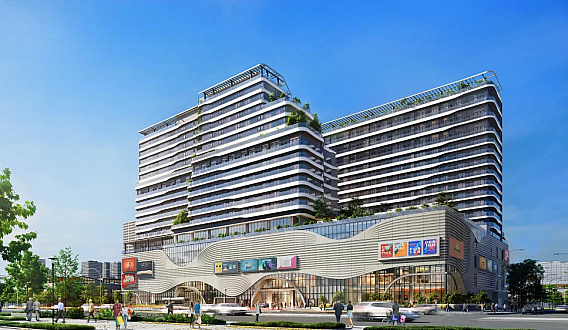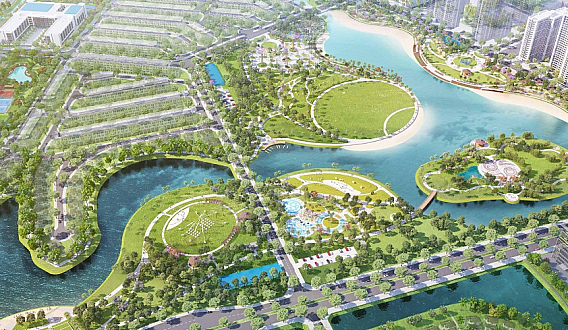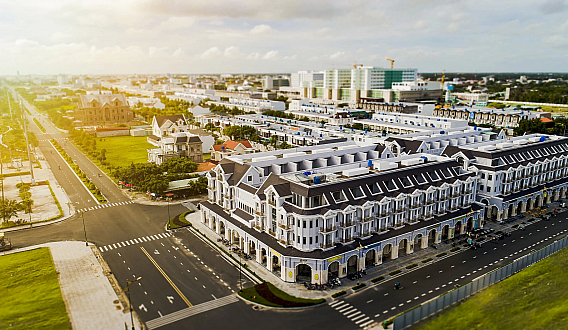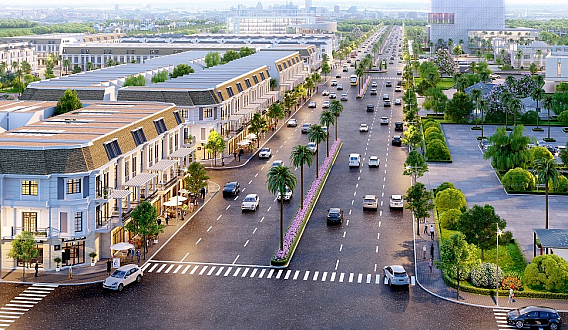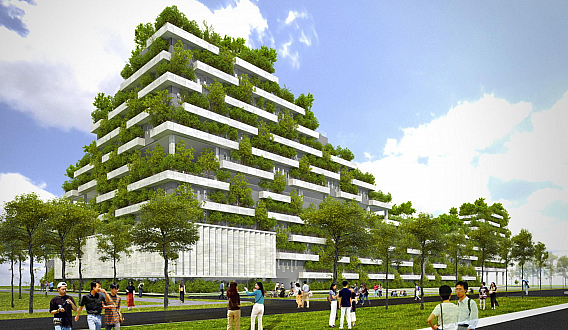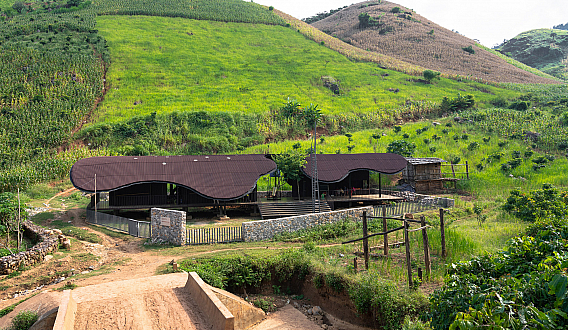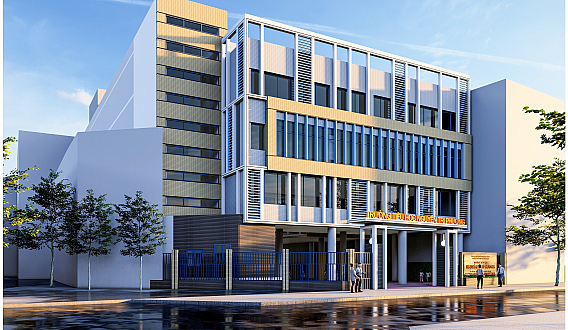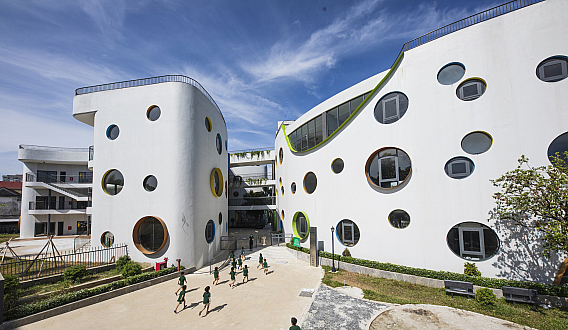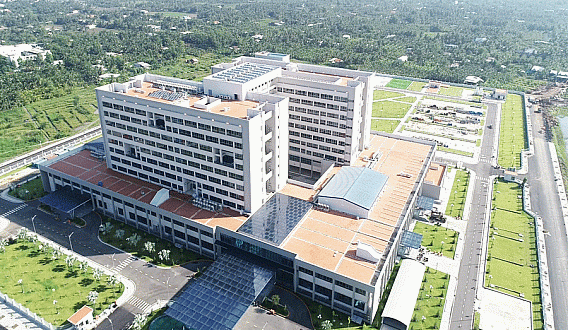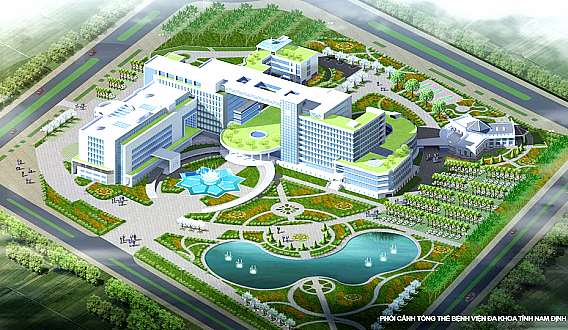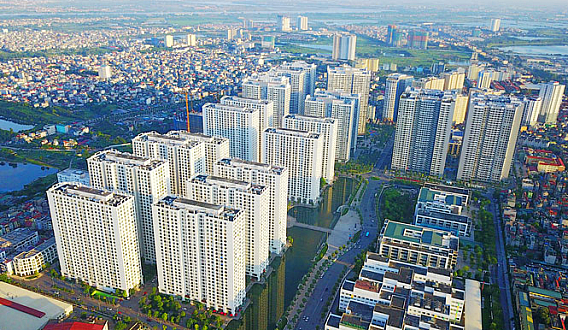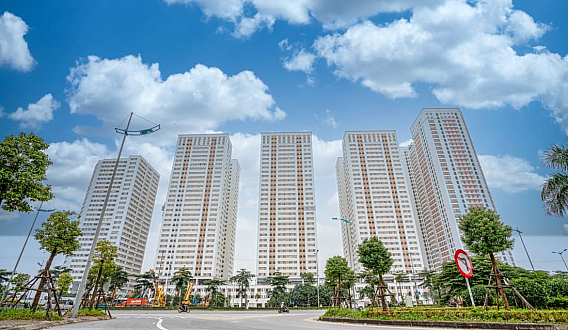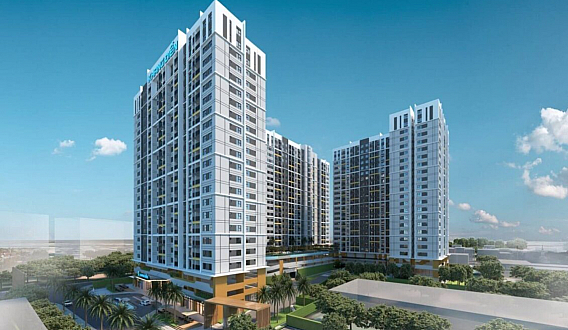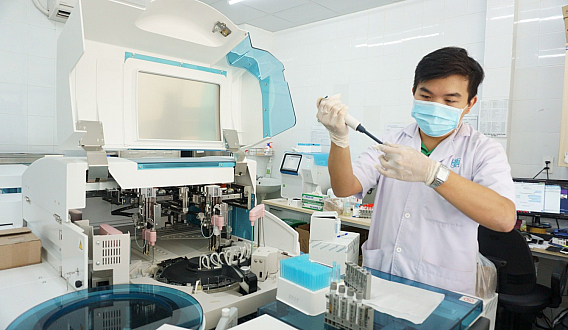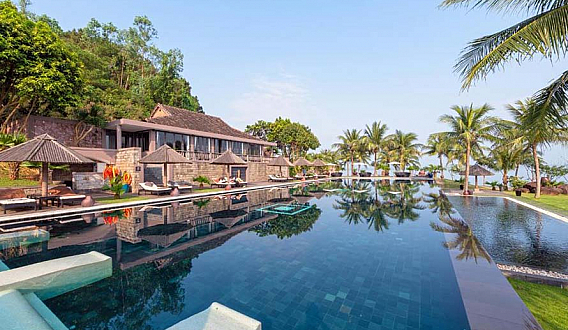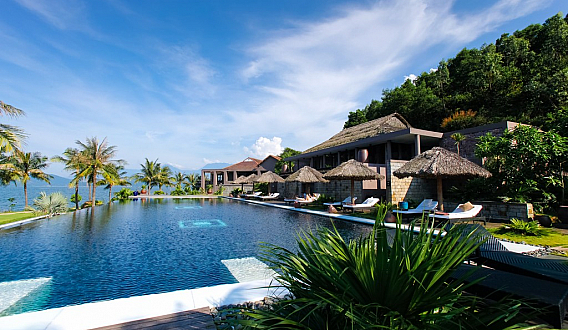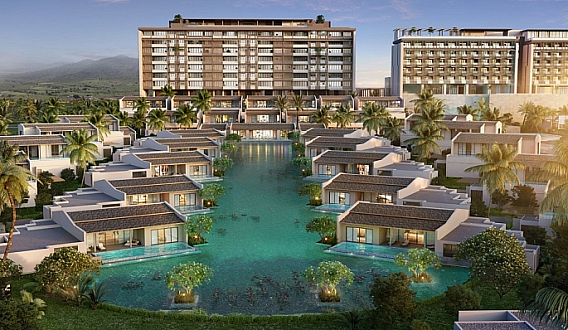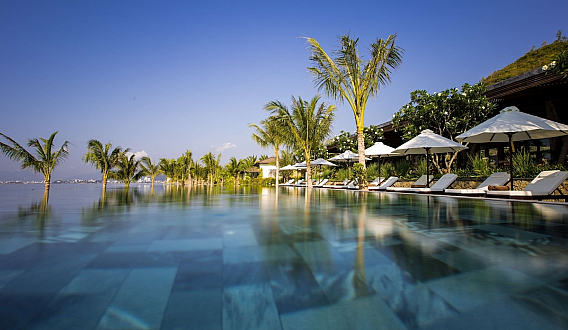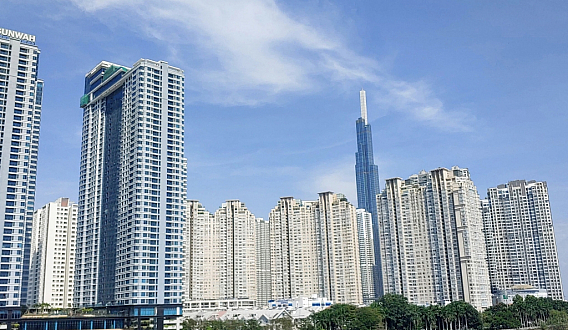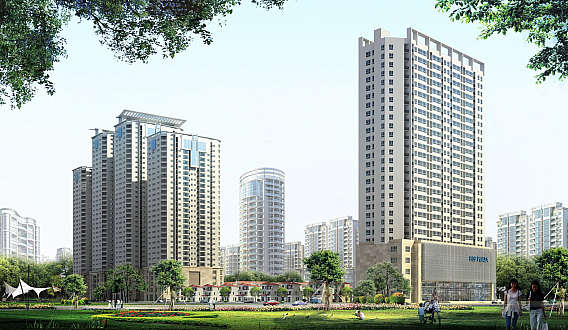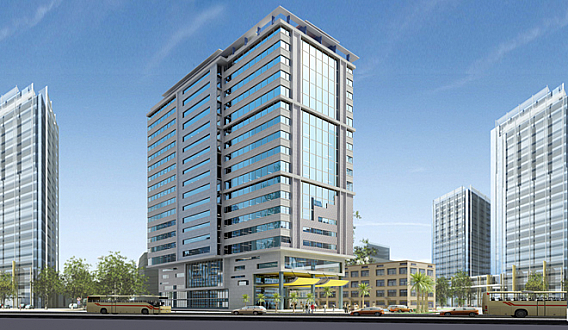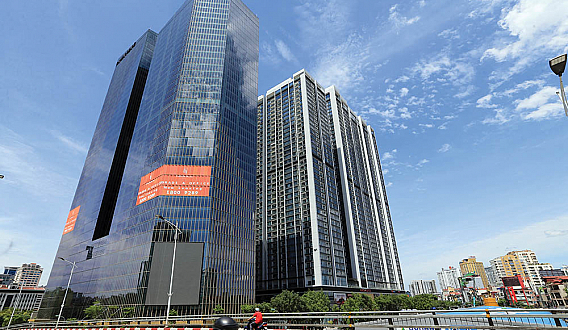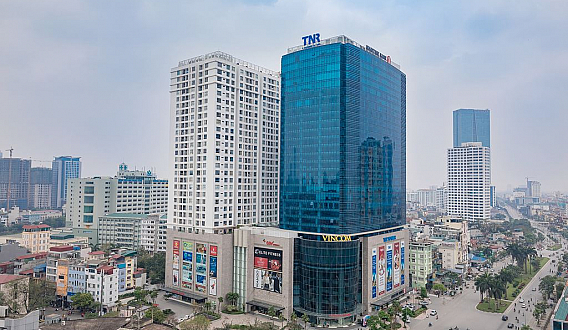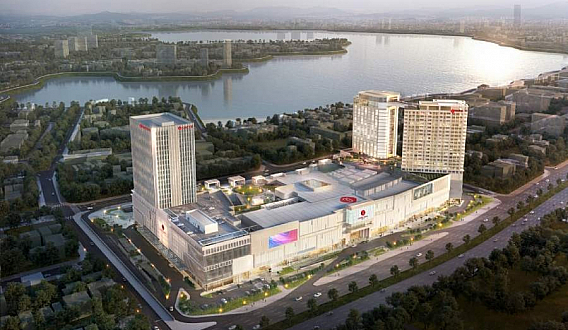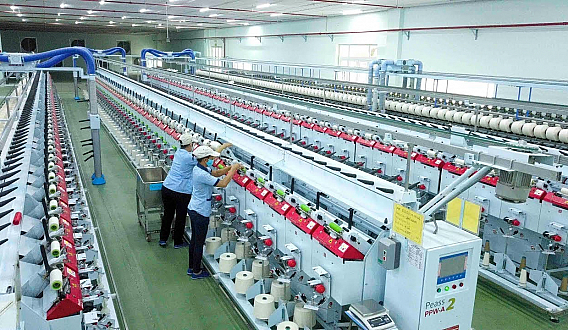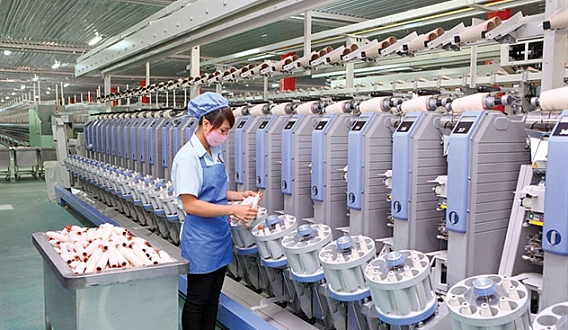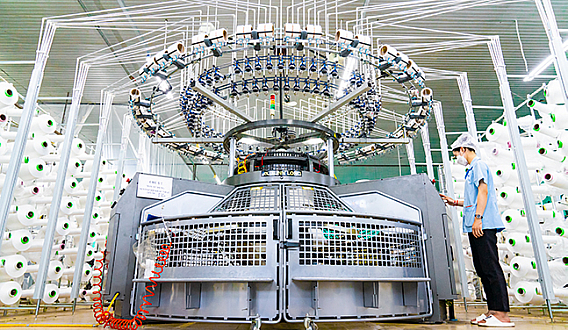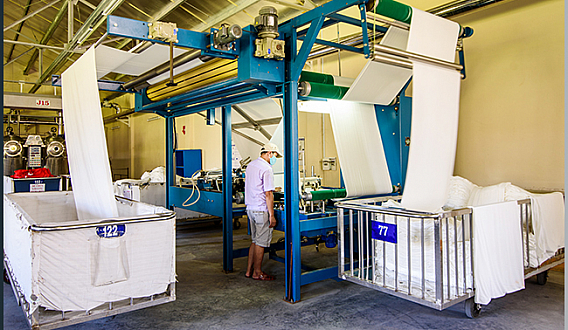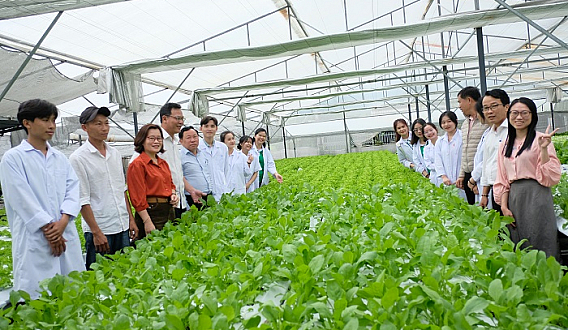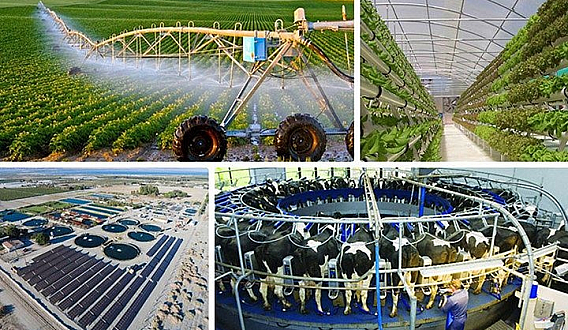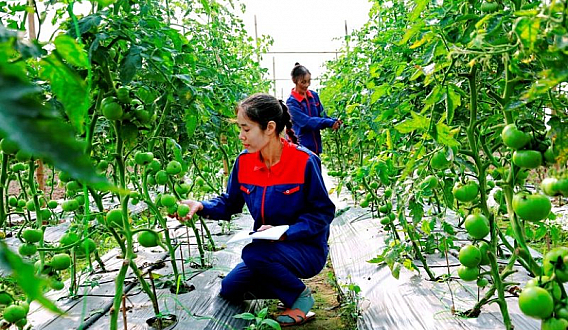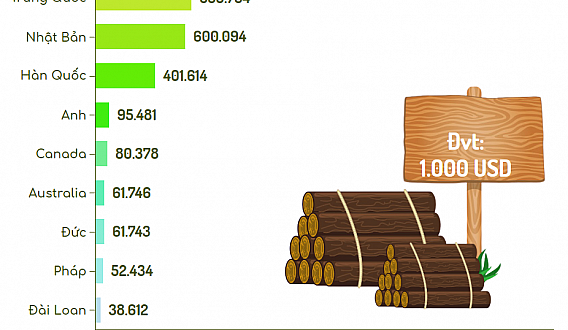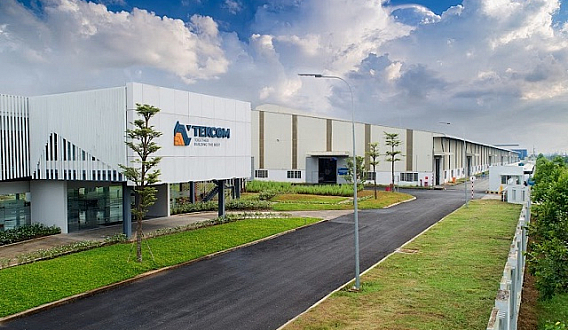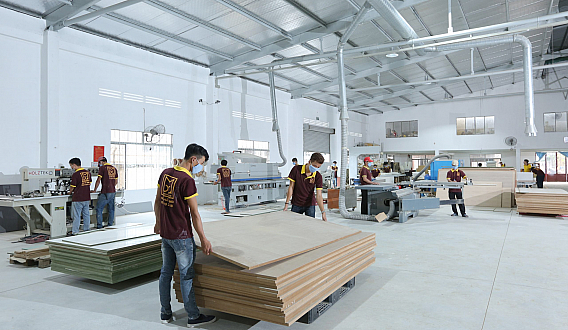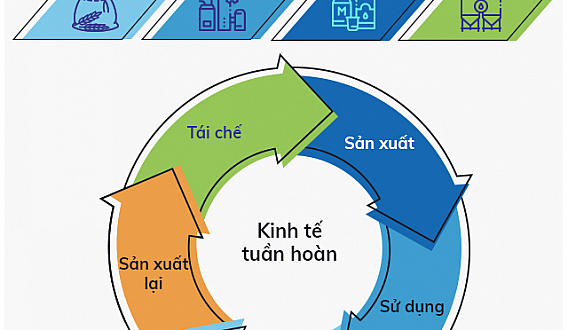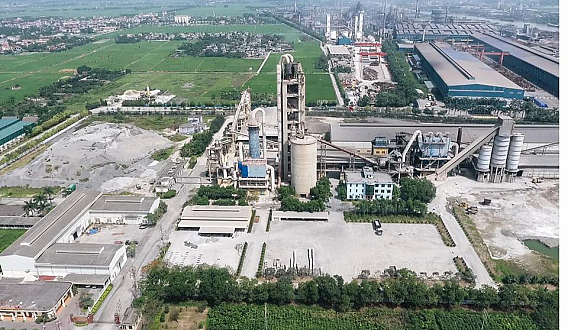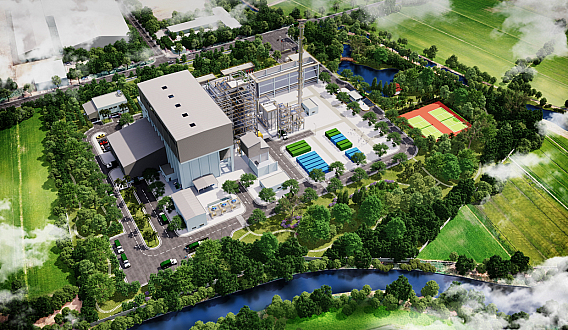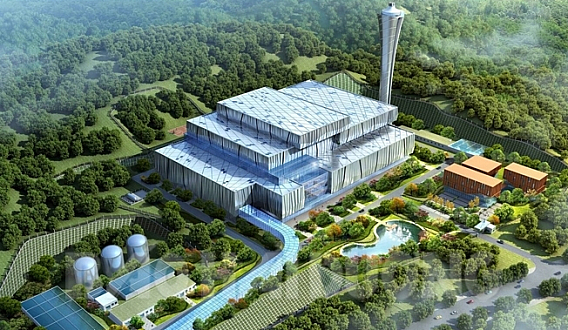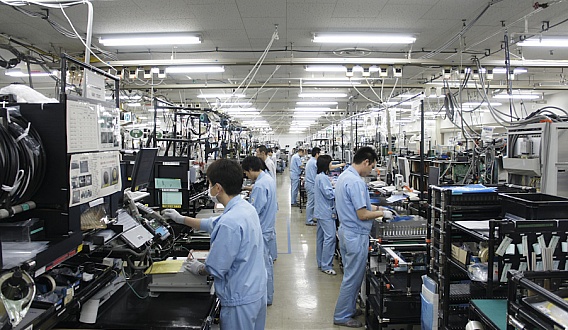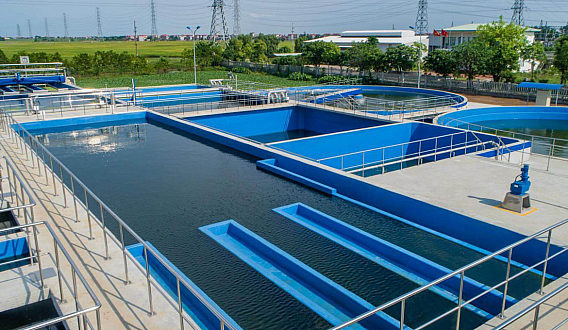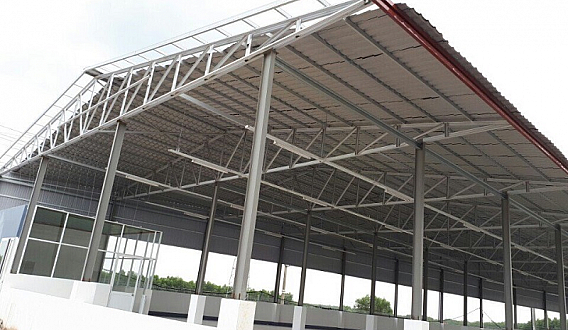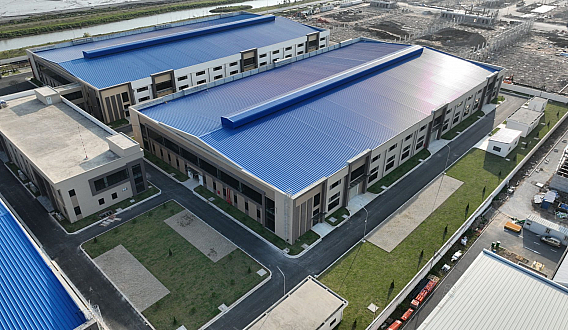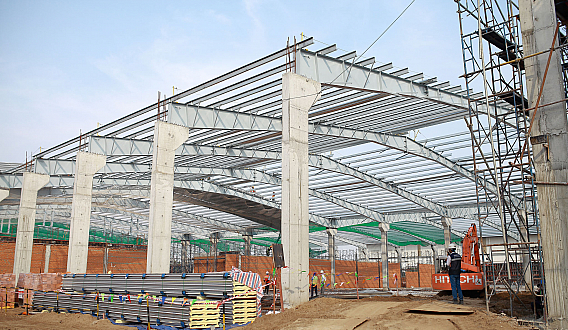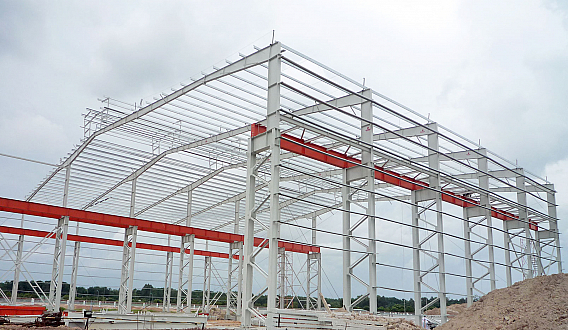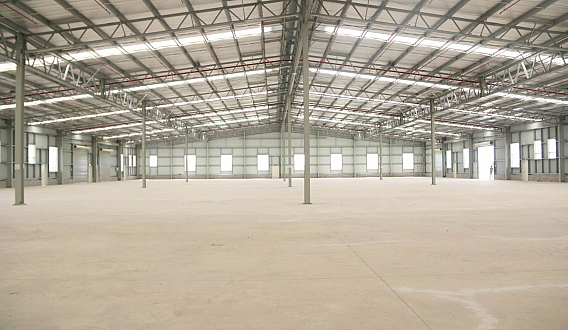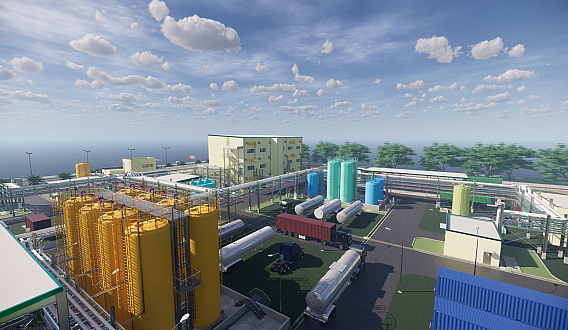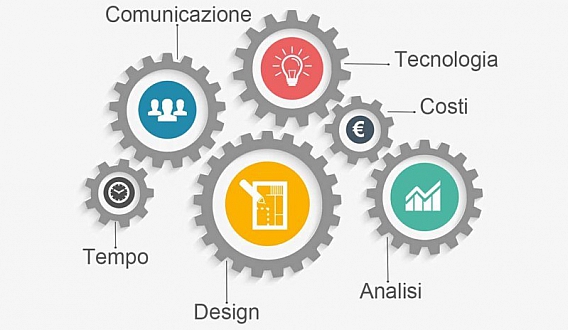The Vietnam resort real estate market is still considered to have significant potential
The Vietnam resort real estate market is still considered to have significant potential
The Vietnamese resort market is still on the path to recovery. In the first 10 months of 2022, domestic tourism recorded impressive growth with 91.8 million domestic visitors, surpassing the total domestic visitors of the entire year 2019, which was 85 million.
However, international tourism activities have not met expectations. By the end of the first 10 months of 2022, Vietnam had only welcomed 2.35 million international visitors, equivalent to 16% compared to the same period in 2019. The decrease in demand from the Chinese and Russian markets has slowed down the recovery of international tourism activities.
Currently, South Korea is the leading market for international visitors to Vietnam, with nearly 620,000 visitors, accounting for 26% of the total international visitors. Additionally, the Indian market has seen an impressive growth rate with an average increase of 51% per month, attracting 82,000 visitors in the first 10 months of the year.
Mauro Gasparotti, Director of Savills Hotels APAC and the host of the Meet The Experts event, shared: "It can be said that the hotel industry is in a transitional period. This is a time when the market must undergo temporary difficulties, but these challenges lay the foundation for long-term improvements, helping to shape the market more clearly and improve service quality and operational management. Seaside resort activities are recovering more slowly than expected due to the absence of international guests."

Overall, the average room occupancy in Vietnam is still about 40% lower than in the same period in 2019; some famous coastal destinations such as Nha Trang - Cam Ranh and Da Nang even recorded lower recovery rates than the market average.
Meanwhile, many hotels in Ho Chi Minh City and Hanoi are seeing improvements in business operations. The corporate guest segment, long-term stay guests, and MICE groups are showing good growth trends. Some high-end resorts and boutique hotels also reported positive operational results. This indicates that quality products and effective operational management still have their own customer base even during market fluctuations.
If planned and developed meticulously, condotel products can generate good profits. However, when entering the resort real estate market, buyers need to be aware of and understand the advantages and disadvantages of this type. Compared to other real estate products, the resort industry is highly volatile and easily affected by changes in market economic conditions.
"Careless planning and implementation create many risks when projects do not meet operational requirements, lack necessary amenities, and facilities to serve business operations for rent according to hotel standards. These shortcomings affect competitive advantages, making projects, especially those of large scale, difficult to operate efficiently and generate profits from rental activities," added Mr. Mauro.
The pandemic situation and market developments in recent times have slowed down the market's growth momentum. Nevertheless, this deceleration provides an opportunity for organizations and businesses operating in the field to review, evaluate the current development situation, make improvements to strengthen and build a more sustainable market. With available resources, hotel business operations, and the resort real estate market in Vietnam are still considered to have great potential, meeting long-term development needs.

